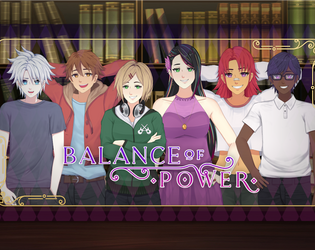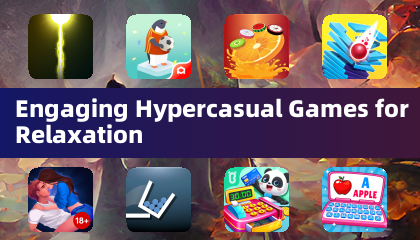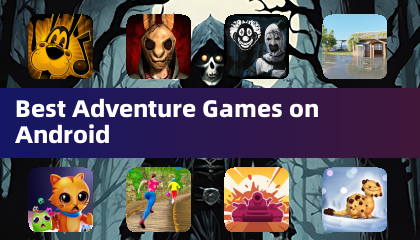News regarding Playground Games' highly anticipated Fable emerged from this week's Xbox Podcast, revealing a 2026 release date, pushing back the initial launch planned for this year. While delays are often disheartening, this could indicate a richer, more detailed game world. This extended wait provides the perfect opportunity to revisit the Fable series, particularly Fable 2, a standout title that showcases the unique vision of Lionhead Studios.
Fable 2, even by 2008 standards, stands apart from contemporaries like Fallout 3 and BioWare's early 3D RPGs. Its RPG mechanics are remarkably streamlined, making it accessible to newcomers. A simplified skill system, minimal stat tracking, and forgiving combat (death results in a minor XP penalty) contribute to its approachable nature. Combat, though present, is less complex, focusing on engaging spellcasting, including the amusing "Chaos" spell.
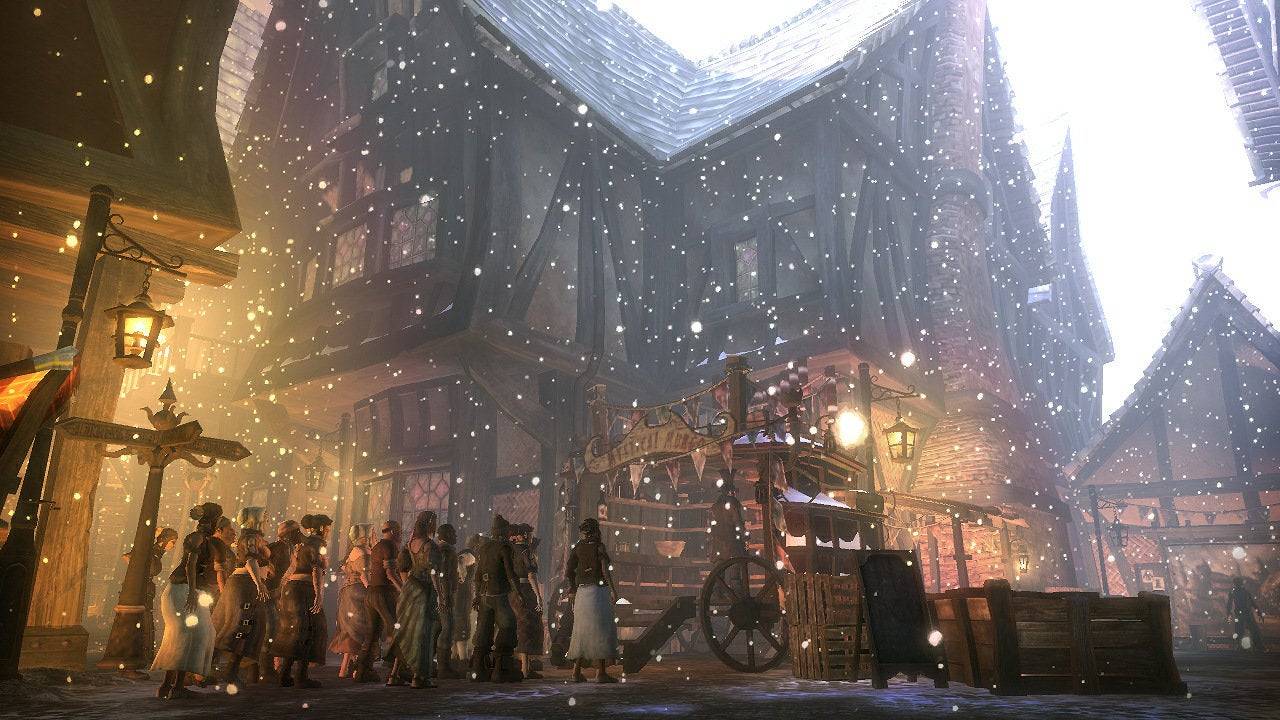
Unlike sprawling open worlds of other RPGs, Fable 2's Albion is a series of interconnected, manageable maps. This design choice, however, doesn't diminish the sense of scale and adventure. The world feels alive due to its intricate social simulation, reminiscent of The Sims. NPCs follow daily routines, reacting to player interactions through a system of gestures, allowing for humorous and varied interactions. Players can charm or antagonize citizens, influencing their relationships and shaping their experience.
The game's unique charm extends to property ownership. Players can purchase and manage properties, engage in minigames (like woodcutting and blacksmithing), and even pursue romantic relationships, leading to the birth of children. These seemingly artificial elements combine to create a surprisingly authentic sense of life within the game world.
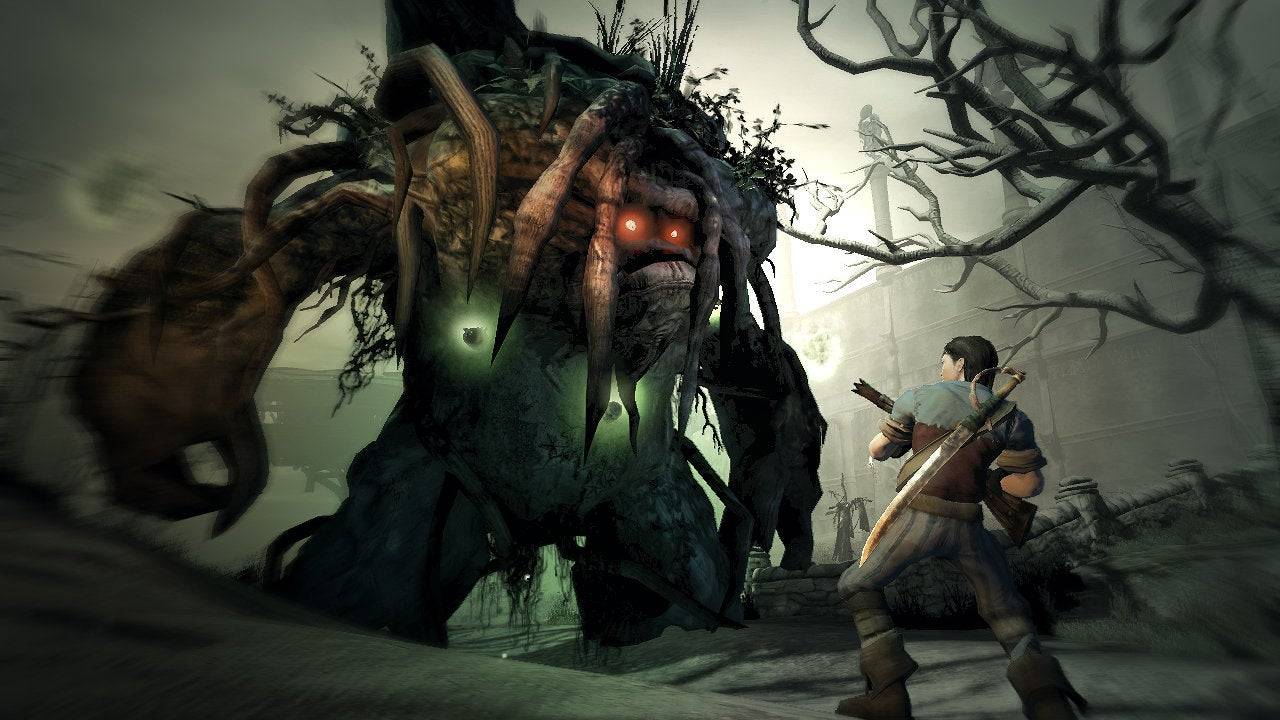
Fable 2's approach to morality is distinctly binary, emphasizing extreme choices between good and evil. This stark contrast, unlike the nuanced morality systems in games like The Witcher, contributes to the game's comedic and engaging nature. The reactive world reflects player actions, shaping their reputation and alignment. This clear-cut morality system allows for impactful choices, avoiding the often underwhelming compromises found in other RPGs.
The recently released pre-alpha gameplay footage showcased a more detailed world than previous Fable titles. The open world seems less restrictive, and the visuals suggest a more immersive experience. The glimpse of a bustling city hints at a continuation of the Sims-like social simulation that defines Fable 2.
The upcoming Fable needs to retain the series' quirky British humor, witty satire, and memorable characters. Most importantly, it must preserve the signature binary morality system that allows players to fully embrace either heroic or villainous paths. The new Fable shouldn't mimic other RPGs; it should remain true to its unique identity. The wait for the new Fable is extended, but the opportunity to experience (or revisit) Fable 2 is a worthwhile endeavor, highlighting the elements that make it so beloved and crucial to the legacy of the franchise.



